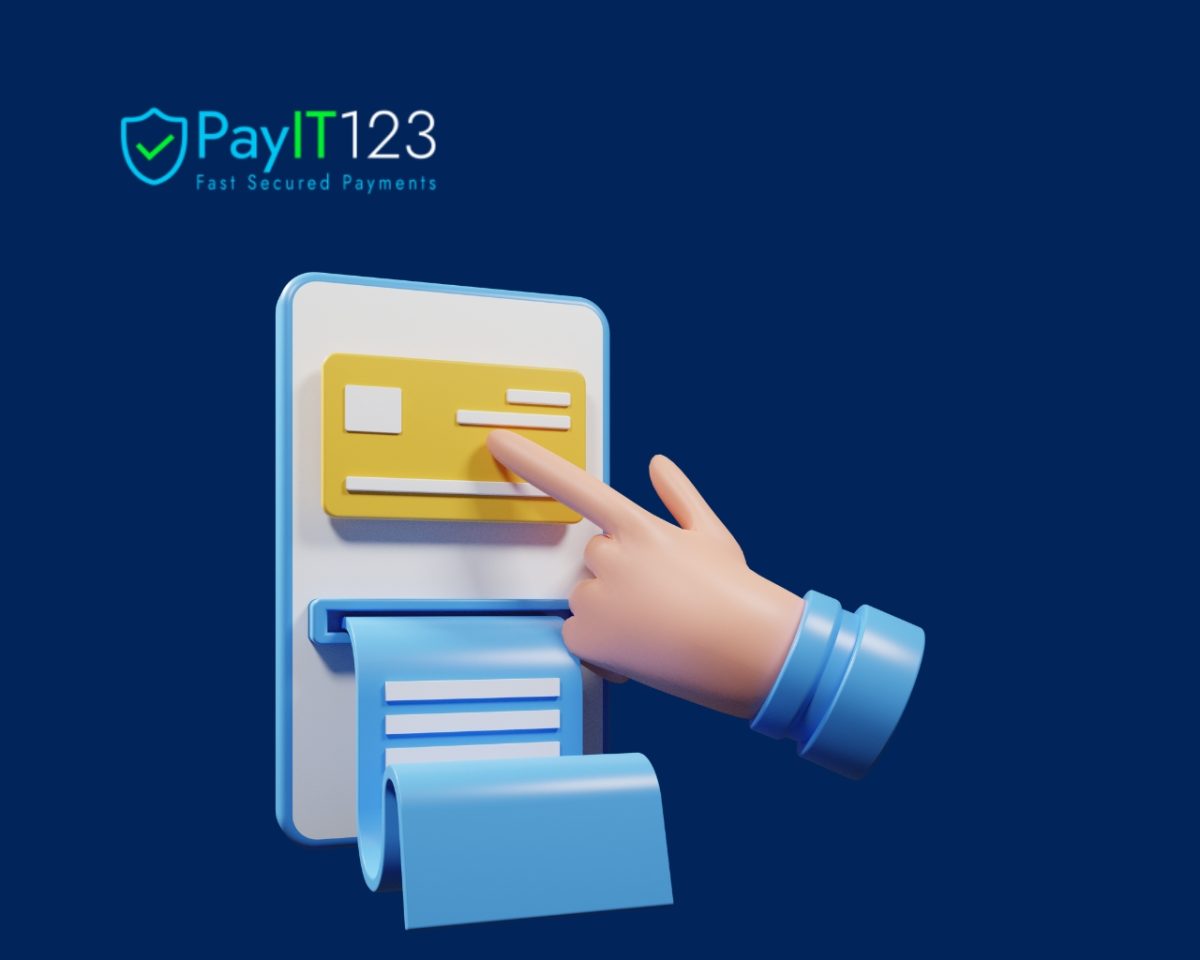Introduction
In today’s digital economy, card payment processing is essential for businesses of all sizes. Whether you operate a retail store, an e-commerce platform, or a service-based business, accepting credit and debit card payments enhances customer convenience and increases sales. However, navigating the card processing world can be complex, with various fees, security measures, and technology options to consider.
To ensure a smooth and cost-effective payment experience, here’s what every business should know about card payment processing.
1. How Card Payment Processing Works
Every card transaction goes through multiple steps before the payment is completed. Understanding this process helps businesses manage costs and improve transaction efficiency.
The Key Players in Card Processing:
- Cardholder: The customer making a purchase.
- Merchant: The business accepting the payment.
- Payment Processor: The company handling the transaction between the merchant and the card networks.
- Card Networks: Major providers like Visa, Mastercard, American Express, and Discover.
- Issuing Bank: The bank that issued the customer’s credit or debit card.
- Acquiring Bank: The merchant’s bank that receives the payment.
How a Transaction Works:
- The customer swipes, inserts, or taps their card or enters card details online.
- The payment processor securely transmits transaction data to the card network.
- The issuing bank verifies the transaction and approves or declines it.
- If approved, the acquiring bank deposits funds into the merchant’s account.
This process happens within seconds, ensuring a seamless payment experience for the customer.
2. Understanding Payment Processing Fees
Businesses pay various fees to accept card payments. These costs vary depending on payment method, card type, and provider.
Standard Fees in Card Processing:
- Interchange Fees: Charged by card networks (Visa, Mastercard, etc.) to cover transaction processing.
- Assessment Fees: Card networks impose small fees to maintain the system.
- Payment Processor Fees: Charged by third-party processors for handling transactions.
- Chargeback Fees: Applied when a customer disputes a charge, potentially leading to a refund and additional penalties.
To minimize costs, businesses should compare processing providers, negotiate rates, and avoid unnecessary add-on fees.
3. Security and Compliance: Protecting Transactions
Card transactions involve sensitive financial data, making security a top priority. Businesses must comply with industry security standards to prevent fraud and data breaches.
Key Security Measures:
- PCI DSS Compliance: Businesses must comply with the Payment Card Industry Data Security Standards (PCI DSS) to protect customer information.
- EMV Chip Technology: EMV chip cards are more secure than traditional magnetic stripe cards, reducing fraud risks.
- Tokenization and Encryption: These security measures protect sensitive card details during transactions.
A secure payment system builds customer trust and protects businesses from financial losses due to fraud.
4. Choosing the Right Payment Processing Provider
Selecting a reliable payment processor is crucial for a smooth payment experience. Businesses should consider the following when choosing a provider:
- Transaction Fees: Compare rates and hidden fees.
- Integration Options: Ensure the provider integrates with your POS system or e-commerce platform.
- Security and Compliance: Choose a processor with strong fraud protection features.
- Customer Support: A reliable support team is essential for troubleshooting payment issues.
5. Future Trends in Card Payment Processing
Payment technology evolves rapidly, and businesses must stay updated to remain competitive. Key trends in 2025 include:
- Contactless Payments and Mobile Wallets: Consumers increasingly prefer Apple Pay, Google Pay, and tap-to-pay cards.
- Buy Now, Pay Later (BNPL): Flexible installment payment options are gaining popularity.
- AI-Powered Fraud Detection: Machine learning enhances security by detecting fraudulent transaction patterns.
- Cryptocurrency and Digital Currencies: Some businesses are integrating crypto payments alongside traditional card processing.
Staying ahead of these trends ensures businesses provide customers with seamless, modern payment experiences.
Final Thoughts
Understanding card payment processing is essential for businesses that want to provide secure, efficient, and customer-friendly transactions. By selecting the right payment provider, minimizing processing fees, prioritizing security, and keeping up with payment innovations, businesses can enhance customer experience and drive sales growth.
Investing in the correct payment solutions today will position businesses for success in the ever-evolving digital payment landscape.
#PaymentProcessing #CardPayments #MerchantServices #BusinessFinance #Ecommerce #DigitalPayments #CustomerExperience #SecureTransactions

